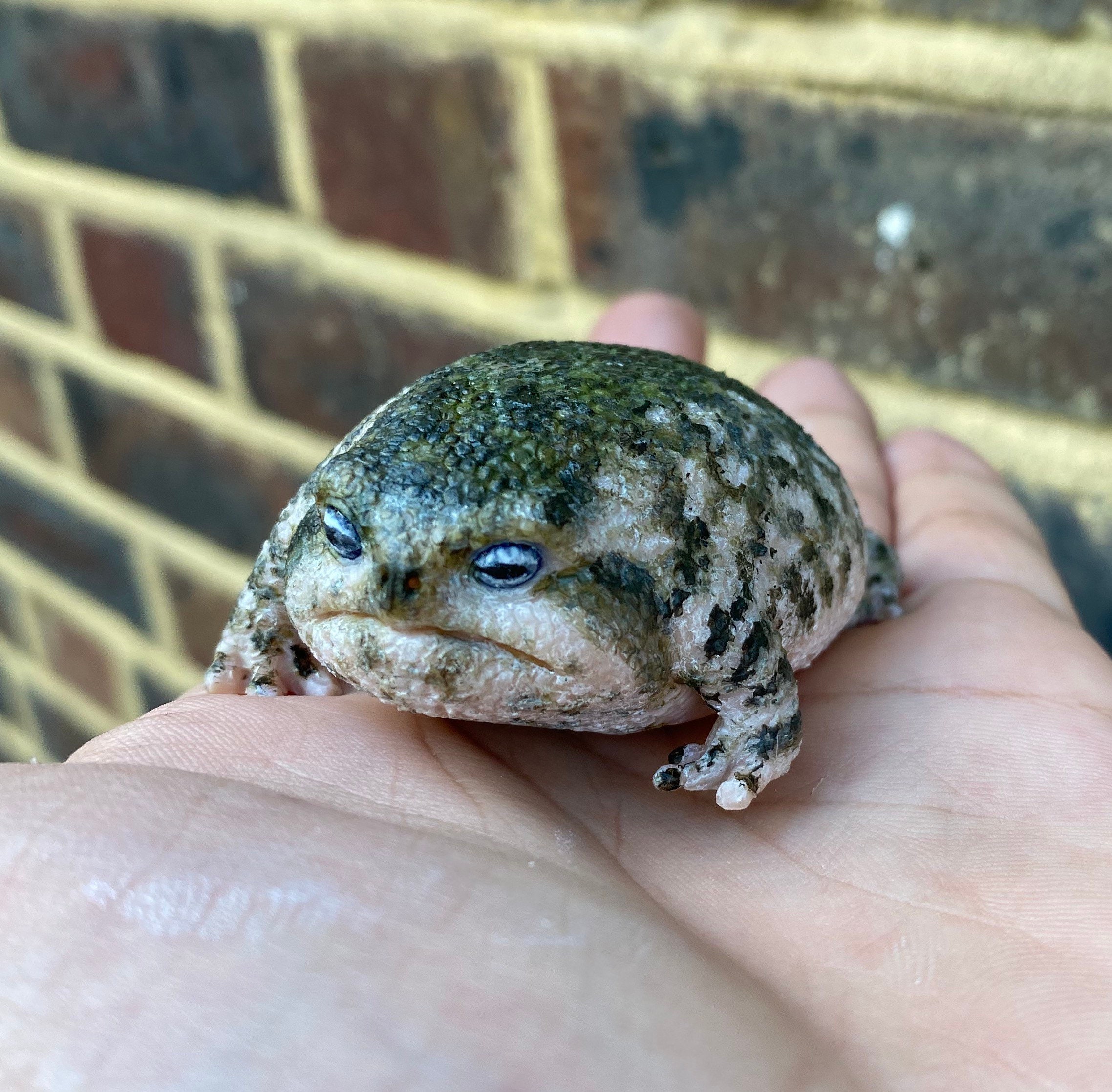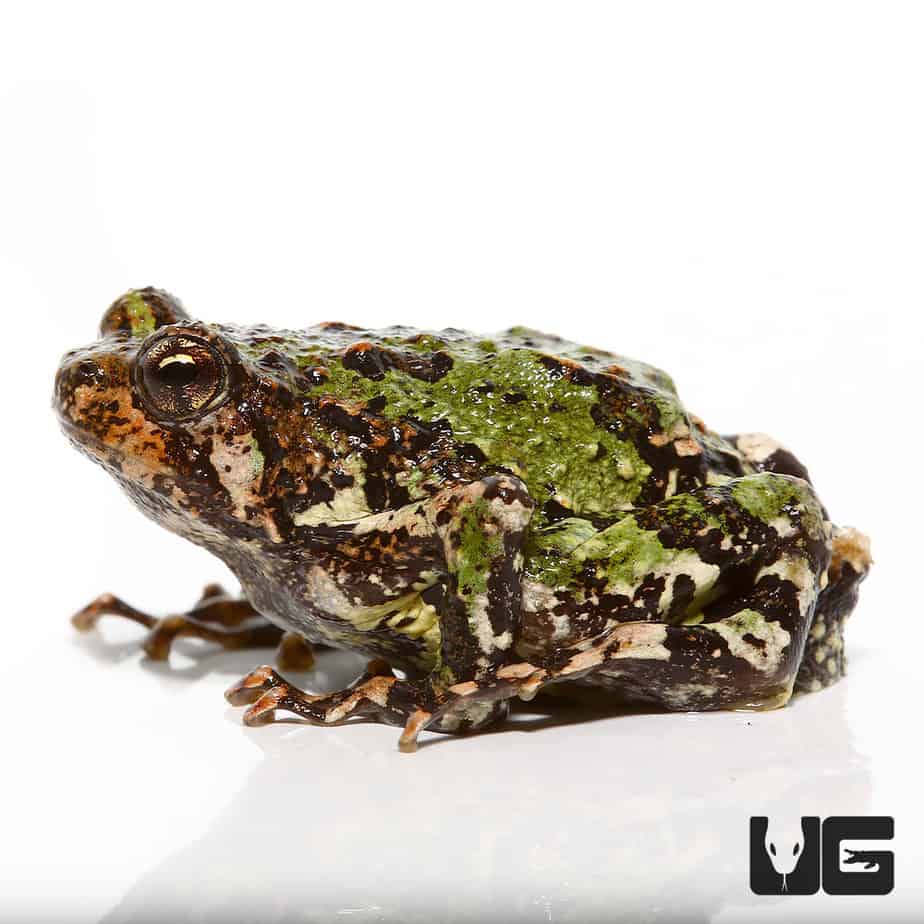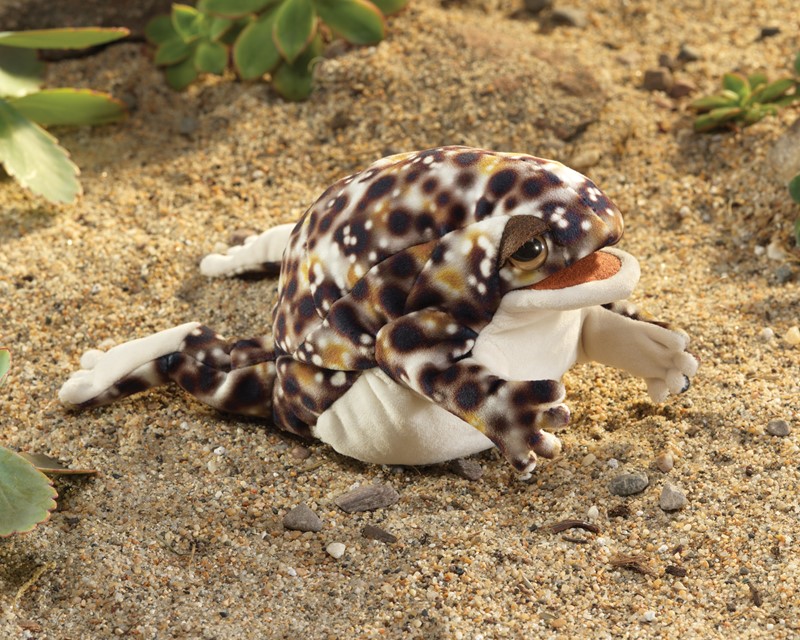Discover Rare Rain Frog for Sale: Raise Your Amphibian Collection Today!
Discover Rare Rain Frog for Sale: Raise Your Amphibian Collection Today!
Blog Article
Common Health And Wellness Issues in Reptiles: Signs and Solutions
In the detailed world of reptile treatment, comprehending the usual health and wellness issues that might affect these one-of-a-kind creatures is extremely important in ensuring their health. Whether it's grappling with parasitical infestations, browsing dehydration concerns, or attending to skin disorders that materialize in refined ways, being attuned to the signs and equipped with the understanding of reliable services is crucial for any type of reptile proprietor.
Respiratory System Infections
Respiratory infections in reptiles can substantially influence their total health and require timely interest from knowledgeable vets. These infections are generally triggered by bacteria, fungi, or viruses and can manifest through symptoms such as wheezing, nasal discharge, open-mouth breathing, and lethargy. In reptiles, respiratory infections can be particularly testing to detect and deal with as a result of their one-of-a-kind makeup and physiology. Vets often depend on a mix of physical examinations, analysis imaging, and research laboratory examinations to precisely determine the underlying reason for the infection.
Therapy for breathing infections in reptiles usually includes a mix of encouraging care, such as maintaining appropriate humidity degrees and temperature slopes in the room, as well as targeted drug to attend to the certain microorganism in charge of the infection. It is vital for reptile proprietors to monitor their pet dogs carefully for any indicators of respiratory distress and look for veterinary treatment at the earliest indication of a concern. With timely treatment and ideal treatment, several reptiles can recuperate fully from breathing infections and return to typical tasks.

Metabolic Bone Condition
What elements add to the growth of Metabolic Bone Disease in reptiles?
Metabolic Bone Illness (MBD) in reptiles is largely caused by a lack of appropriate calcium, phosphorus, and vitamin D3 degrees in their diet regimen. When reptiles do not obtain sufficient calcium, either with their food or proper UVB exposure for vitamin D3 synthesis, they go to a high threat of developing MBD. Reptiles with diet plans low in calcium or unbalanced calcium to phosphorus proportions are specifically at risk. Additionally, insufficient exposure to UVB light stops reptiles from manufacturing vitamin D3, which is critical for calcium absorption and bone health.
Not enough moisture degrees can likewise impact a reptile's capacity to metabolize calcium efficiently. Normal veterinary exams, appropriate husbandry practices, and a balanced diet regimen are essential to avoid Metabolic Bone Disease in reptiles.
Parasitical Infestations
Parasitical infestations present a significant wellness risk to reptiles, affecting their total well-being and needing prompt veterinary focus. Reptiles can be affected by numerous bloodsuckers, including termites, ticks, inner worms, and protozoa. These parasites can trigger a variety of signs, such as weight loss, sleepiness, skin irritability, diarrhea, and even fatality if left untreated.
One typical bloodsucker located in reptiles is the mite, which can cause skin stress, inflammation, and anemia. Ticks are another outside parasite that can cause and transfer illness pain to the reptile. Inner bloodsuckers like worms and protozoa can bring about digestive problems, poor nutrition, and deteriorate the reptile's body immune system.
To diagnose a parasitical invasion, a veterinarian may carry out fecal tests, skin scrapings, or blood tests. Treatment typically entails deworming drugs, check over here antiparasitic bathrooms, or in extreme instances, a hospital stay. Preventative actions such as normal vet exams, correct health, and quarantine treatments for new reptiles can assist reduce the risk of parasitic infestations and ensure the well-being of reptile pets.
Dehydration and Hydration Issues
Dehydration in reptiles can dramatically impact their health and health, demanding prompt intervention and appropriate hydration management. Reptiles are vulnerable to dehydration as a result of different aspects such as insufficient water intake, high ecological temperatures, and certain health problems. Signs of dehydration in reptiles include sunken eyes, sleepiness, loss of skin flexibility, and decreased peeing. If left unattended, dehydration can bring about severe health issues and also be fatal to the reptile.
To stop dehydration, reptile owners must guarantee that their pet dogs have access to tidy water at all times. The water recipe should be huge enough for the reptile to soak in if required, especially for types that absorb water with their skin. In addition, maintaining appropriate moisture levels in the reptile's room and giving routine bathrooms can aid avoid dehydration.
In instances of dehydration, it is essential to look for veterinary care quickly. A vet might administer fluids either by mouth or through injections to rehydrate the reptile. It is vital to address the underlying root cause of dehydration to avoid recurrence and guarantee the reptile's total health.
Skin Ailments

Verdict

Breathing infections in reptiles can significantly impact their overall wellness and need punctual interest from experienced vets (rain frog for sale). Preventative measures such as normal veterinary exams, proper health, and quarantine procedures for brand-new reptiles can help decrease the risk of parasitical infestations and make certain the wellness of reptile pets
If left untreated, dehydration can lead to severe health problems and even be fatal to the reptile.
Frequently inspecting your reptile for any type check my source of changes in skin look, texture, or color can help in very early discovery and treatment of skin conditions, advertising the total health and wellness of your flaky friend. - rain frog for sale
In verdict, reptiles are prone to different health and wellness concerns such as respiratory infections, metabolic bone disease, parasitic invasions, dehydration, and skin disorders.
Report this page